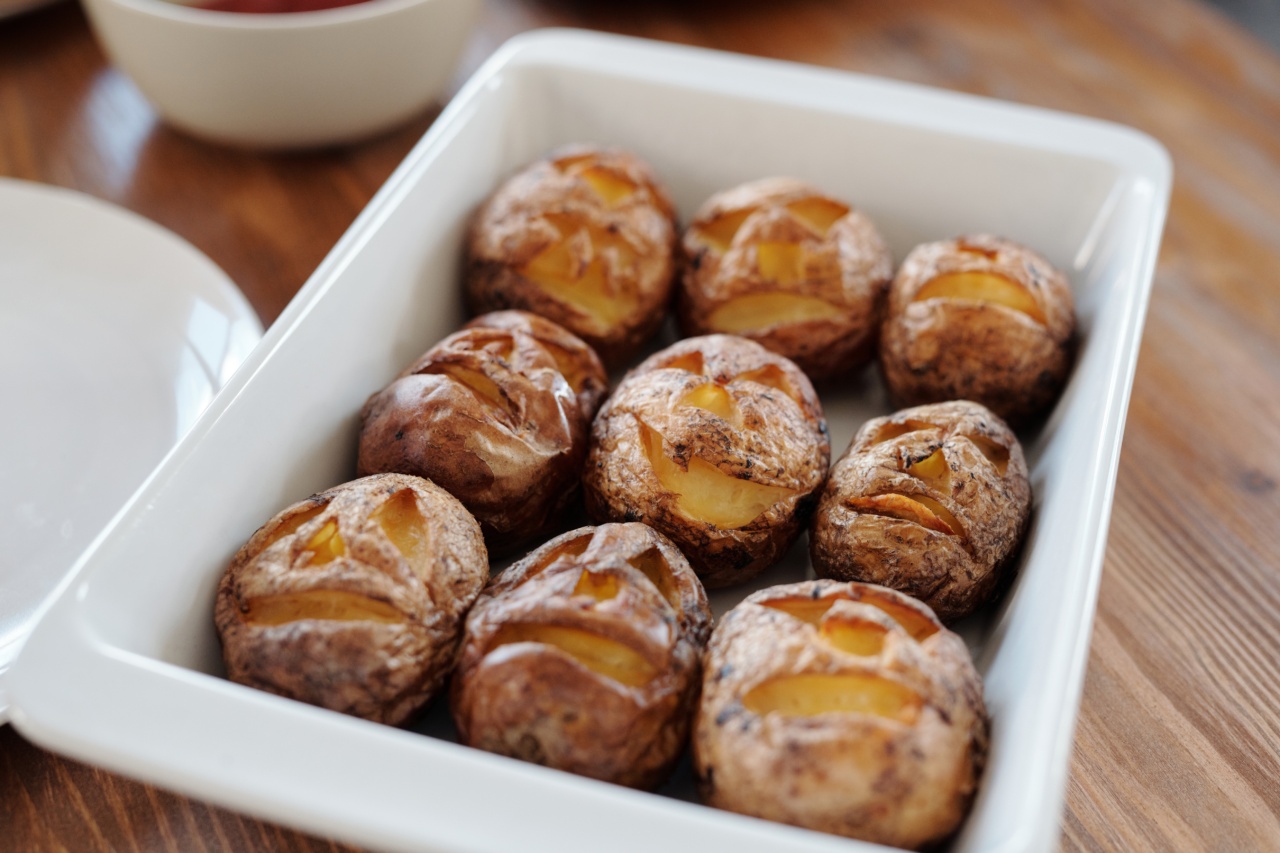When it comes to choosing between potatoes and sweet potatoes, there are several factors that people consider. One of the most important factors is their glycemic index and load.
The glycemic index is a measure of how quickly a food raises blood sugar levels, while the glycemic load takes into account the quantity of carbohydrates in a food.
Glycemic Index of Potatoes and Sweet Potatoes
The glycemic index of potatoes ranges from 56 to 111, depending on the type and preparation method. Boiled potatoes have a lower glycemic index than baked or fried potatoes.
Sweet potatoes, on the other hand, have a lower glycemic index than white potatoes, ranging from 44 to 94. However, the difference between the two is not significant enough to recommend sweet potatoes over white potatoes solely based on glycemic index.
Glycemic Load of Potatoes and Sweet Potatoes
The glycemic load takes into account the quantity of carbohydrates in a food, as well as its glycemic index. The glycemic load of boiled potatoes ranges from 6 to 26, while that of baked or fried potatoes can be as high as 47.
Sweet potatoes have a lower glycemic load than white potatoes, ranging from 7 to 30.
Nutritional Value of Potatoes and Sweet Potatoes
Potatoes and sweet potatoes are both good sources of nutrients, including vitamins C and B6, potassium, and fiber. However, sweet potatoes are higher in vitamin A, while white potatoes are higher in vitamin B6 and potassium.
Health Benefits of Potatoes and Sweet Potatoes
Both potatoes and sweet potatoes have been associated with various health benefits. Potatoes have been found to lower blood pressure, improve digestion, and boost immunity.
Sweet potatoes, on the other hand, have been shown to improve blood sugar control, support healthy vision, and reduce inflammation.
Conclusion
In terms of glycemic index and load, sweet potatoes have a slight advantage over white potatoes. However, both are good sources of nutrients and have been associated with various health benefits.
Ultimately, the choice between the two will depend on personal preference, as well as their intended use in a recipe.






























